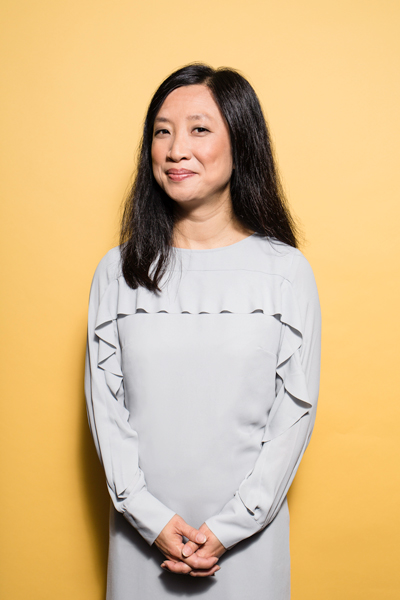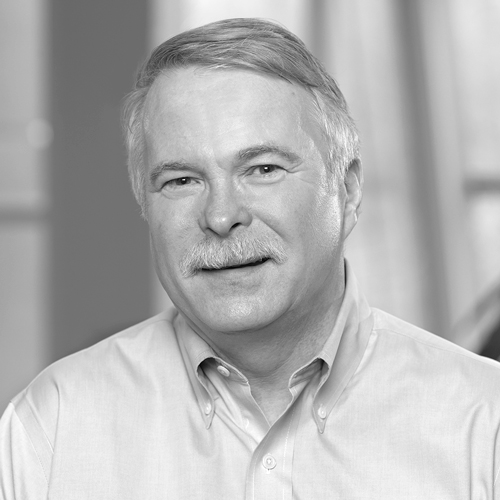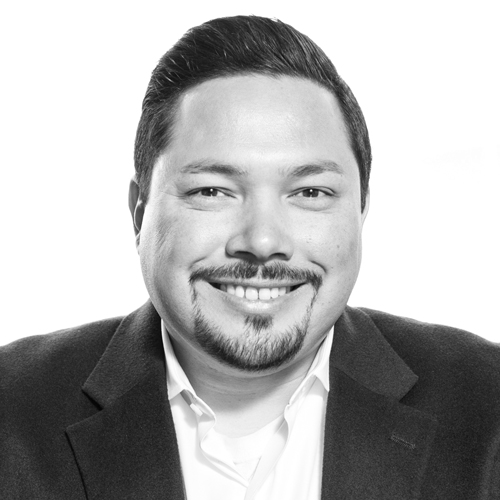Raised by a lawyer and a musician, Sonia Chen Arnold was taught early in life to balance art and academia and to always prioritize education. Her father had earned his master’s degree in law from the University of Missouri–Kansas City after moving his young family from Taiwan to Kansas; her mother is a pianist and holds a degree in music from Chinese Cultural University in Taiwan. Arnold herself originally pursued liberal arts over science, majoring in violin musical arts at Vanderbilt University.
However, during a fiddling class taught by the award-winning musician and composer Mark O’Connor, Arnold heard something that changed her trajectory. “Anyone can be a musician,” the guest lecturer said that day. “But the only people who should be musicians are those who can’t live without it.”
While she was a good student and accomplished in her craft, Arnold realized that she was too multi-passionate to dedicate her time exclusively to music. So, she took on a second major in human and organizational development and an internship at a music publishing company, where she became acquainted with the business side of music.

While filing copyrights for songwriters there, she discovered her interest in the industry’s legal side and decided to go to law school to become an entertainment lawyer. Having moved to Indianapolis during elementary school, Arnold decided to attend the Indiana University School of Law in Bloomington. Arnold would then spend the first eight years of her career in private practice as a litigator.
The epitome of success for a private practice attorney is to become an equity partner of a law firm. In 2011, Arnold had sacrificed the necessary blood, sweat, and tears to do so and was preparing for her vote that fall when she got a call about a rare opening at the global pharmaceutical giant Eli Lilly.
“I was so close to making partner, and I wanted to prove to myself that I could do it,” she says. “On top of that, I would’ve been the first Asian American and second ethnic minority out of more than one hundred lawyers at the firm to make it into the partnership from being an associate—not to mention a woman—which made me a mentor to a lot of associates.” But Arnold was raised to never turn down an opportunity without learning about it first, so she applied for the job with low expectations.
She interviewed, and after meeting Eli Lilly’s general counsel and learning about the company, its work, and her own upward potential, Arnold was intrigued. She had been pushing so hard to make tiny strides for diversity at the law firm, but at Lilly, she saw the opportunity to make contributions to a more advanced culture of diversity and inclusion that still had room for improvement.
Additionally, Arnold felt the new position would not only allow her to be more than an example for other women and minorities, but also make a difference in the careers of other young attorneys. When faced with the choice to stick with her original plan for success or explore a completely new path with great potential, she had to ask herself: will being a partner make me happier?
Arnold joined Eli Lilly in May 2011 and has never looked back. Now assistant general counsel for Lilly’s Litigation & Legal Compliance Center of Expertise, Arnold uses her influence to promote Lilly’s company-wide commitment to diversity and inclusion every day, in part by helping to manage Lilly’s Preferred Outside Counsel Program.
“I work with amazing law firms across the country, with highly intelligent lawyers,” she says. “When they’re working on Lilly projects, I want to see a team that includes women and minorities—associates and partners with diverse backgrounds.”
In this way, Arnold is able to directly invest in both the future success of other attorneys and to better serve Lilly’s customers. “Making sure our employees are as diverse as the millions of people we serve is crucial to our success—and that includes the legal department, outside counsel, and our vendors,” she says, emphasizing that championing diversity is an important way to make meaningful contributions to business needs.
“When I mentor people who are interested in law, I always tell them to not be so focused on what you ‘should’ do,” Arnold explains. “Ultimately, it’s more important to find something that you enjoy and have a passion for because if you don’t, you won’t do well.” At the same time, Arnold—who is married to a corporate attorney in private practice and has a nineteen-month-old daughter—acknowledges that you can’t do everything.
“Making sure our employees are as diverse as the millions of people who use our medicine is crucial to our success—and that includes the legal department.”
Professionally and personally, Arnold prefers to spend her time doing things that can make a difference. In this spirit, she has narrowed her volunteer time to the boards of three organizations. One is as a member of the Board of Visitors for the IU Lilly Family School of Philanthropy, the world’s first school dedicated solely to the study and teaching of philanthropy.
Lilly Endowment, Inc. made the initial planning grants that launched the school’s predecessor, the Center on Philanthropy at Indiana University, more than
twenty-five years ago and has provided substantial support throughout the school’s history.
She also sits on the board of the International Violin Competition of Indianapolis. The competition brings forty of the world’s brightest musical talents from around the world to Indianapolis every four years to compete for a unique prize package that includes a cash reward, a recital at Carnegie Hall, the loan of the 1683 ex-Gingold Stradivari violin, and professional assistance in launching a violin career.
Arnold is also a board member of the Asian American Alliance, an organization that exists to empower Asian Americans to lead and serve in businesses and communities as a way to engage and enhance their leadership potential.
“I’m a prime example of why Asian Americans need to be empowered to actively seek leadership roles,” Arnold says. “If I hadn’t taken risks and embraced opportunities to lead, I wouldn’t be where I am today.”
Arnold follows a drive for diversity and inclusion to the center of her personal success and satisfaction. She has maintained her parents’ example of balancing art and academia and, along the way, discovered that using her time and legal expertise to enhance lives, to advance careers, and to speak up for minorities is the thing she cannot live without.


